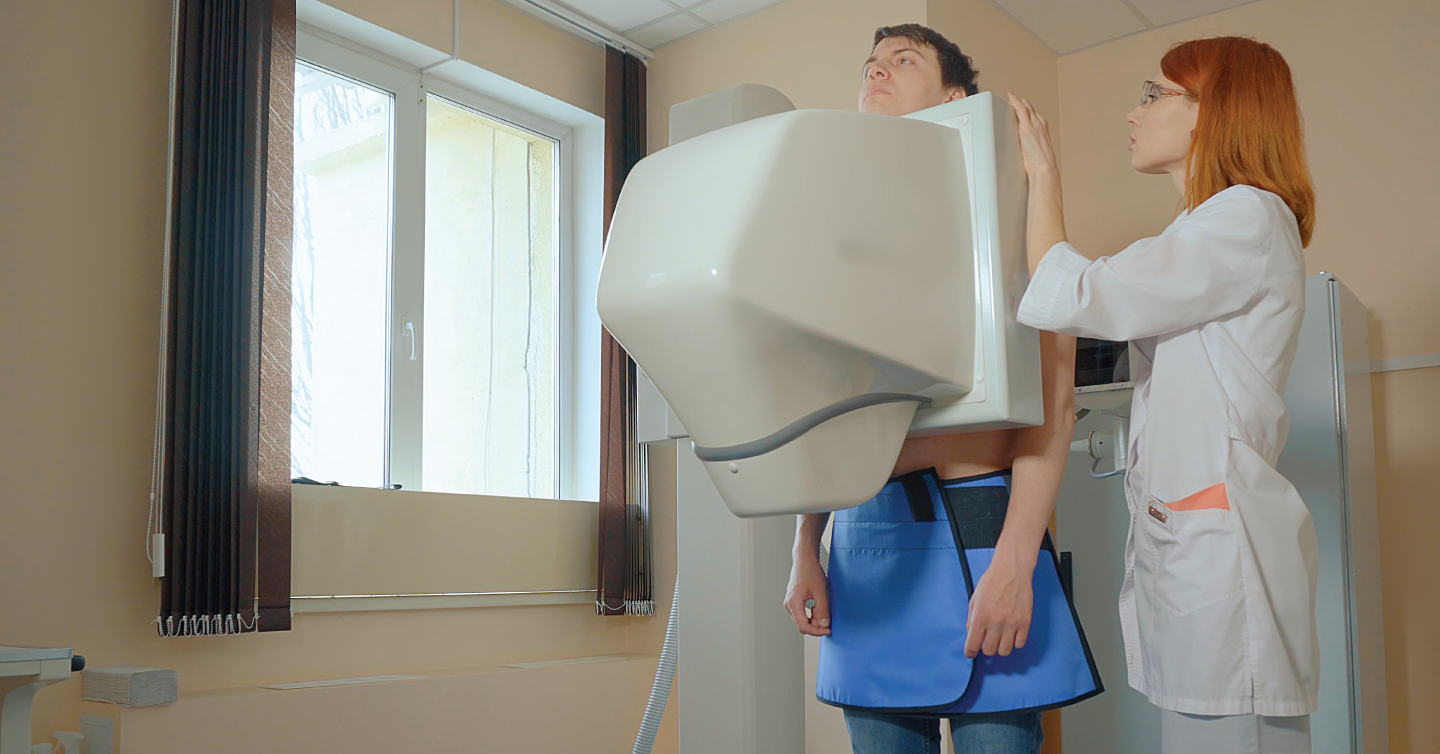March is National Colon Cancer Awareness Month. As the second leading cancer killer, colon cancer awareness and prevention efforts continue to be a priority.
Research shows colorectal cancer is highly preventable and treatable when detected early. Both men and women are at risk for colon cancer and the risk increases after age 50.
Based on recommendations from the American Cancer Society, Network Health recommends everyone between 50 and 75 years old have one of the following screenings. Talk to your persona doctor about which is the best option for you.
- The fecal occult blood test (FOBT) is a lab test used to check stool samples for hidden (occult) blood. Occult blood in the stool may indicate colon cancer or polyps in the colon or rectum—though not all cancers or polyps bleed. This can be completed in the privacy of your home but needs to be sent to a lab for results in a timely manner. This test should be completed yearly.
- FIT-DNA Test, ordered per a prescription from your personal doctor, also tests for blood in the stool. Colorectal cancer cells often have DNA mutations (changes) in certain genes. Cells from colorectal cancers or polyps with these mutations often get into the stool, where tests may be able to detect them. This test is recommended every three years.
- Flexible sigmoidoscopy is a procedure that allows your personal doctor to examine the rectum and the lower (sigmoid) colon. The flexible sigmoidoscope is a tube 60 cm long which is inserted gently into the anus and advanced slowly into the rectum and the lower colon. This test is recommended every five years.
- A colonoscopy is an exam used to detect changes or abnormalities in the large intestine (colon) and rectum. During a colonoscopy, a long, flexible tube (colonoscope) is inserted into the rectum. A tiny video camera at the tip of the tube allows the doctor to view the inside of the entire colon. This test is recommended every 10 years unless your doctor advises otherwise based on medical or family history.
While colon cancer is not always preventable, there are several healthy lifestyle habits you can adopt to lower your risk.
- Be physically active for at least 60 minutes a day, five days a week
- Don’t smoke or use other tobacco products
- Drink alcohol only in moderation (no more than one drink a day for a woman and no more than two drinks for a man)
- Maintain a healthy weight
If you have any questions about colorectal cancer screenings, call 866-709-0019, Monday–Friday from 8 a.m. to 5 p.m. (TTY 800-947-3529) or send questions to qualityimprovement@networkhealth.com.




